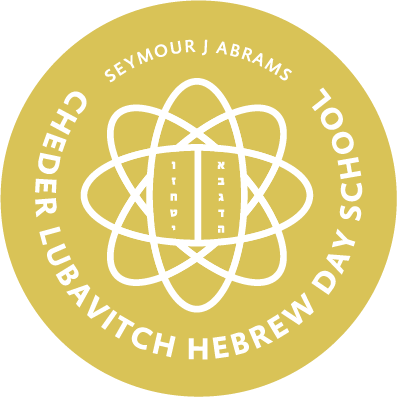| Let's talk about something we've all felt: anger. Whether it's getting cut off in traffic or dealing with someone who really hurt us, anger can come fast and hit hard. It's natural to feel upset when someone wrongs us. But our tradition offers us a way to approach these moments that can bring us closer to each other and to G-d. The Talmud likens getting angry to worshipping idols. At first, that sounds extreme—after all, anger is just an emotion. But when we look at the story of Joseph and his brothers in this week's Torah portion, we start to understand. Joseph had every reason to be angry. His brothers sold him into slavery and tore him away from his family for over 20 years. Yet, when they finally reunited, Joseph didn't lash out. Instead, he said, "You didn't send me here; G-d did." Joseph saw the bigger picture—everything that happened was part of G-d's plan, even if it came about through someone else's bad choices. When we're angry, it's easy to focus on what someone else did to us. But Joseph's story reminds us to step back and see G-d's hand in our lives. That doesn't mean bad behavior is okay, but it helps us let go of anger and look for ways to move forward. As a community, this perspective is powerful. When we let go of grudges and see each other through the lens of compassion, we build unity. And that unity is what makes us strong and prepares us for the coming of Moshiach and the Final Redemption. Shabbat shalom, | 

No comments:
Post a Comment